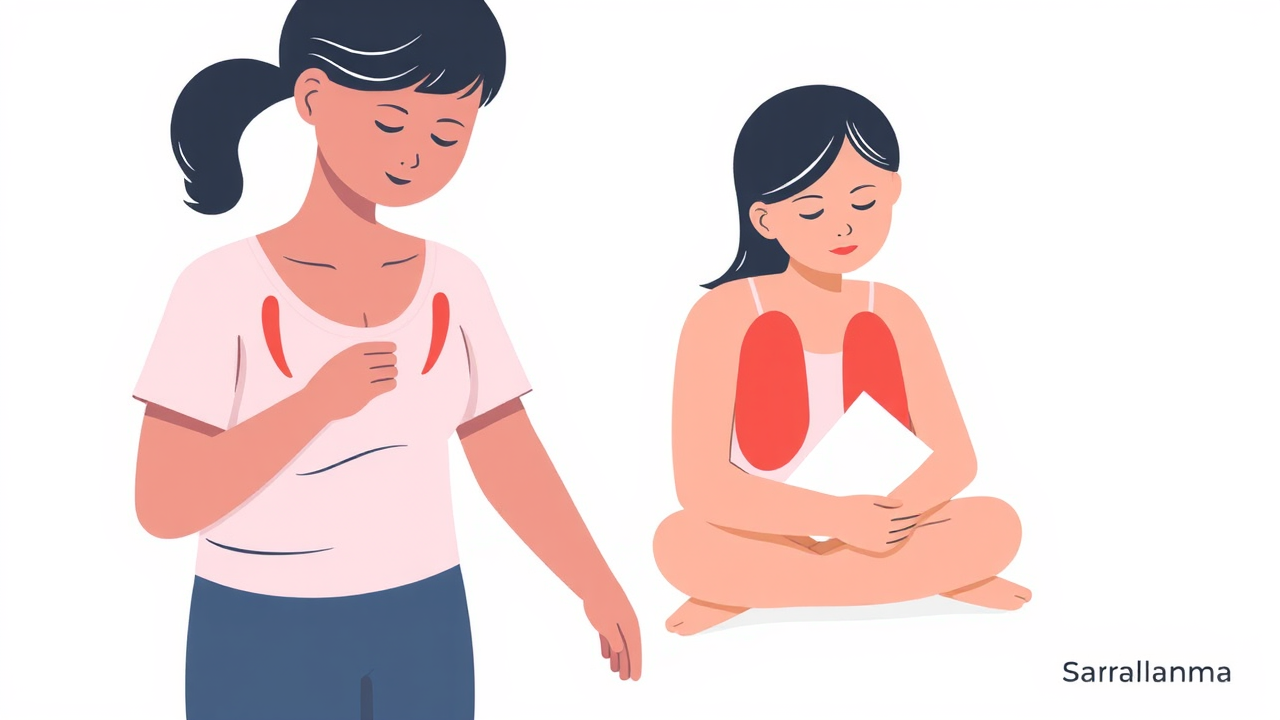India reported around 25.5 million tuberculosis patients as of 2025, according to the National Tuberculosis Elimination Programme. Tuberculosis is an infectious disease caused by Mycobacterium tuberculosis, primarily affecting the lungs but capable of spreading to kidneys, spine, and brain. Symptoms range from persistent cough, chest pain, and blood in sputum to back pain, joint issues, or meningitis when other organs are involved. Standard treatment requires a combination of antibiotics taken continuously for six to nine months. Despite mild side effects like stomach discomfort, skipping or stopping medication prematurely has serious consequences. Incomplete treatment allows bacteria to survive and develop resistance, resulting in drug-resistant TB that demands stronger medicines, longer therapy, and higher side effects. Patients may remain contagious, endangering family and community members. Pulmonologists emphasize strict adherence to prescribed doses, adequate rest, and a high-protein diet for successful recovery and prevention of life-threatening complications.

Consequences of Incomplete Tuberculosis Treatment
When tuberculosis medicines are not taken regularly or the full course is incomplete, surviving bacteria become resistant to standard drugs, leading to drug-resistant TB. This form is harder and longer to treat, often requiring stronger medications with severe side effects. Some patients need treatment for up to three years, and medicines may be administered intravenously. Irregular treatment can cause infection relapse, making the person sick and contagious again. The lungs suffer more damage, and recovery slows significantly. Incomplete therapy also puts family members and others at risk of catching tuberculosis. The first two months kill most germs; the remaining months prevent recurrence. Pulmonologists strongly recommend a protein-rich diet, adequate rest, and timely medication for successful recovery and to avoid life-threatening complications.
Source: Link
